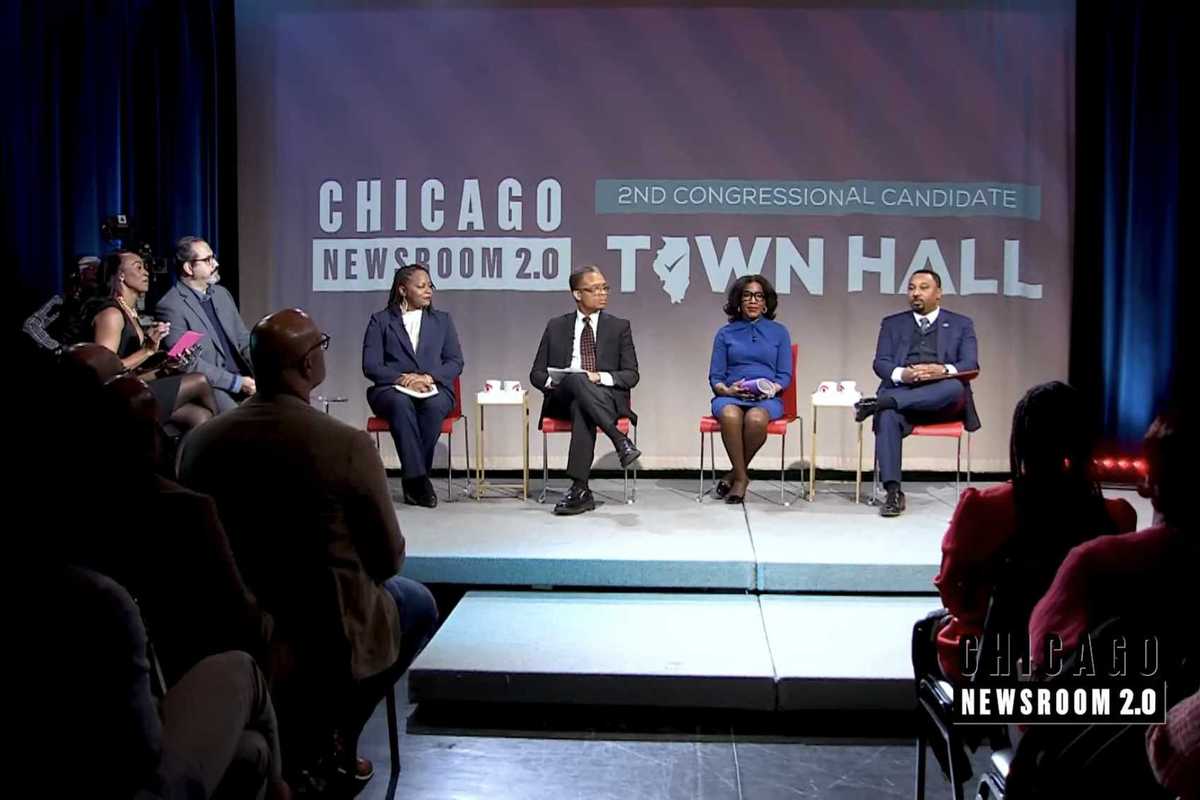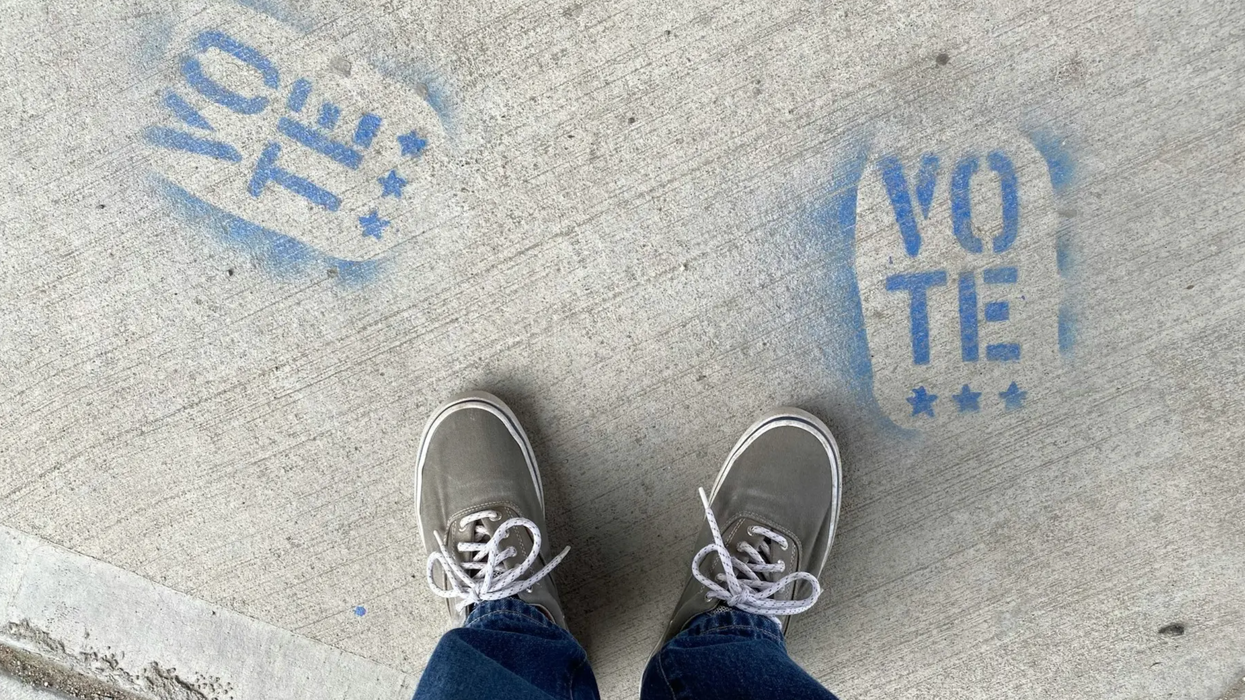- YouTubeyoutu.be
The nonprofit reform group Open Primaries hosted its first Primary Buzz Discussion of 2025 last week. But this conversation worked differently as Open Primaries President John Opdycke was the one being interviewed.
Opdycke was interviewed by Chloe Akers, the Founder and CEO of The Best of Tennessee about the state of primary reform, lessons learned in the 2024 elections, and what reformers should focus on going forward.
It wasn't a conversation of minced words. Opdycke was candid in his belief that the reform movement cannot move forward if it doesn't have one critical thing: Trust.
"The American people do not trust us," he said. "I don't think they should. I think we need to earn their trust."
He added that the absence of trust has nothing to do with open primary reform itself. When polled, most voters agree with the principle that every voter should have equal access to all stages of the taxpayer-funded elections process.
"The lack of trust has everything to do with the fact that we live in a country in which every grain of sand has been politicized -- everything is partisan," Opdycke explained.
In other words, the system has created a level of cynicism among voters. When reformers say to people, "We are about changing the system," the immediate reaction is: What's the real agenda? Which side are you really trying to help?
As the editor of IVN -- a role I have held for 13 years -- I have seen this firsthand. IVN is an open platform for independent-minded authors and readers, but the reaction we get to any article we publish is, "who are you really working for?"
We've been called closet Republicans and closet Democrats. We have been called every political label in the book depending on the perspective we publish, because people have lost trust that nothing is free of partisanship.
This is the consequence of living under a system in which everything has to exist in the context of Team Red vs Team Blue and who ultimately benefits from policy changes and reform -- and everyone is expected to pick a side.
Reformers like Opdycke know this all too well. He believes the response shouldn't be to skirt these questions because, in his words, this lack of trust is "a sign of how seriously the American people take democracy reform."
Watch the full conversation above.
Open Primaries President: Voters Don't Trust Reformers Right Now; We Need to Earn That Trust was first published by Independent Voters News and is shared with permission. Shawn Griffiths is an election reform expert and National Editor of IVN.us. He studied history and philosophy at the University of North Texas.




















